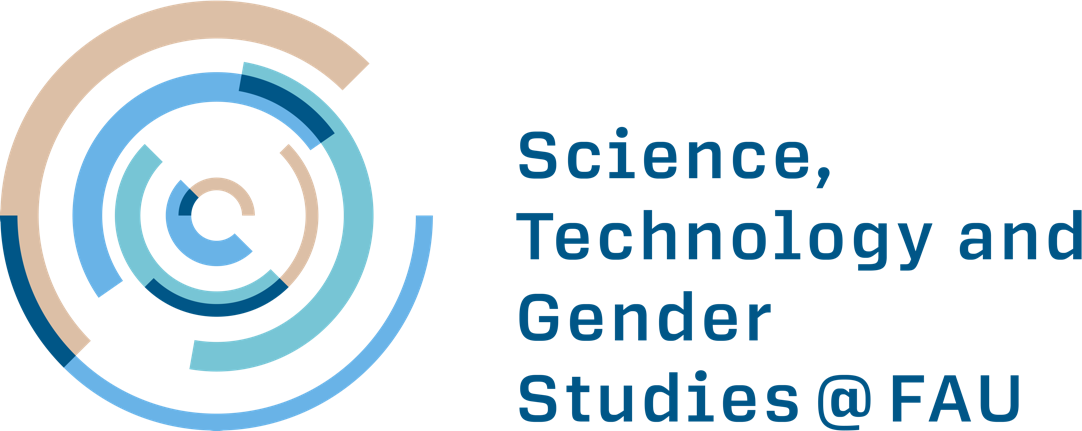Nuclear Research in Medicine after the Second World War
Symposium, March 20-21, 2023, Vienna, Austria
Download the program here.
Organizers: Johannes Mattes 1, Cécile Philippe 2, Maria Rentetzi 3
1 Institute of Culture Studies and Theatre History (IKT), Austrian Academy of Sciences
2 Division of Nuclear Medicine, Department of Biomedical Imaging and Image-guided Therapy, Medical University of Vienna
3 Chair of Science Technology and Gender Studies, Friedrich-Alexander-Universität Erlangen-Nürnberg
Nuclear research in medicine relies on a high degree of interaction. While the production of radioisotopes and the development of medical devices are carried out by physicists and engineers, chemists and pharmacists take over the syntheses of radiopharmaceuticals, while physicians focus on their application. In the absence of handbooks, industrially available devices, and radioisotopes, early specialists were also dependent on multilateral exchanges. These were fostered by post-war agreements for the peaceful use of atomic energy and international organizations such as the IAEA and WHO. Thus, the formation of nuclear medicine as discipline was the result of a global balancing and standardization process during the Cold War era. Its origins are traced in the first broad clinical applications of radioisotopes primarily in the United States and the United Kingdom just before the Second World War and continued with the worldwide dissemination of relevant knowledge and techniques that were mainly triggered by the United Nations international organizations. Nevertheless, in many countries, nuclear medicine did not get recognized as a medical specialty with separate residency training until the 1990s.
This symposium focuses on the emergence of nuclear medicine as an outcome of scientific collaboration and competition, boundary and interdisciplinary work, and encounters between various (inter)national stakeholders, as well as political, diplomatic, and scientific institutions. We welcome contributions that address the scientific, political, diplomatic, and social dimensions of these interactions, the knowledge, resources, and policies involved.
Potential topics include:
- Transnational cooperation and competition among researchers, clinical practitioners, institutions and disciplines
- Sharing of nuclear medicine knowledge, methods, materials, and spaces within Europe and around the globe
- Development of standards, rules, manuals, and measuring/imaging devices
- Political, social, and gendered aspects of scientific interaction, licensing, and regulatory governance of the field
- Safety, security, and disposal of radioactive waste produced by nuclear medical practices
- Hierarchies and networks of exchange
Venue
We are planning this symposium to be an in-person event, consisting of a welcome reception at the Medical University of Vienna on the evening of March 20 and lectures on the premises of the Austrian Academy of Sciences on March 21. The symposium will take place in English and is free of charge.
Abstract submission
To apply, please send an abstract (no longer than 250 words), a brief bio, and contact information (all in one word file) to Johannes Mattes, johannes.mattes@oeaw.ac.at, by 15 November 2022. We will let you know about our decision by mid-December. Part of our plan is to publish a collective peer-reviewed special journal issue based on the final submissions of the participants.
Featured image: © A page from the companion book to Disney’s Tomorrow Land television show, 1957
